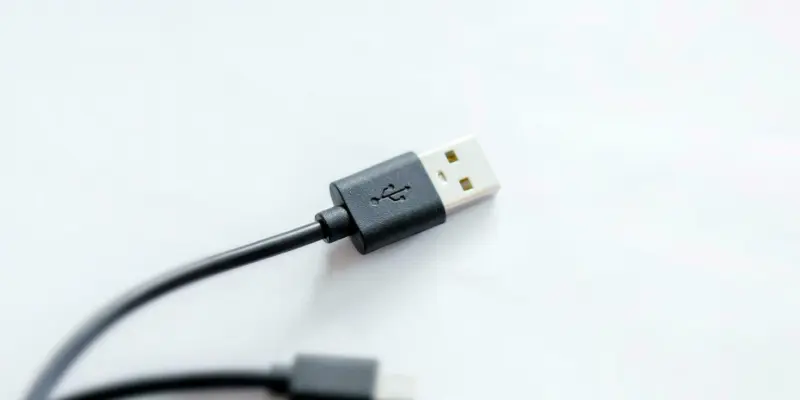In an era where technology continues its relentless march toward greater portability, efficiency, and sustainability, Microsoft’s latest announcement of its new addition to the Copilot+ PC family marks a significant milestone. With a clear eye on providing both affordability and cutting-edge features, Microsoft has introduced the 12-inch Surface Pro tablet and the 13-inch Surface Laptop. These devices have been designed to meet the modern user’s demand for lightweight and efficient technology, boasting a thinner and lighter build than previous iterations. Both products house Qualcomm’s Snapdragon X Plus SoC, noted for its 8-core CPU and a robust 45 TOPS NPU frame, enabling efficient on-device AI capabilities. One standout feature is the PixelSense display technology: the Surface Pro offers a 12-inch screen with a 2196 x 1464 resolution, while the Surface Laptop presents a 13-inch screen with a resolution of 1920 x 1280.
Design and Performance Highlights
Both the Surface Pro and Surface Laptop boast 16GB of LPDDR5X memory with storage options of 256GB or 512GB. A major innovation in these devices is their easy-upgrade storage feature, showcasing Microsoft’s dedication to sustainability—enabling users to extend device lifespan rather than replacing older models. Despite unspecified capacity, both devices excel in battery life. The Surface Pro allows up to 12 hours of browsing or 16 hours of video playback, whereas the Surface Laptop offers about 16 hours for browsing and an impressive 23 hours for video watching, ensuring long use under today’s energy efficiency standards. Pricing starts at $799 for the Surface Pro and $899 for the Surface Laptop, available for pre-order at the Microsoft Store and retail partners—offering great value and performance. Additionally, the removal of Microsoft’s Surface Connect for universal USB-C charging aligns with EU regulations, reducing waste and enhancing compatibility. These Surface models illustrate Microsoft’s strategic evolution, merging performance, sustainability, and convenience in portable computing.

